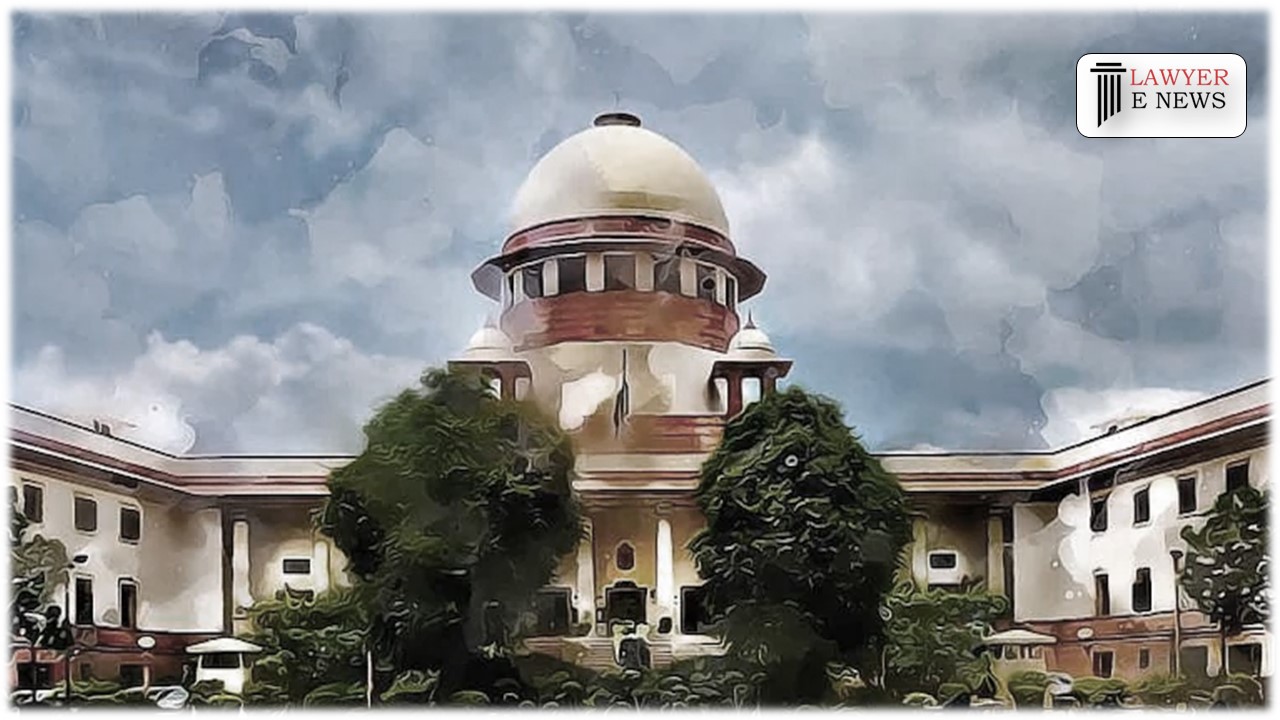-
by sayum
14 February 2026 2:22 PM



New Delhi, May 13, 2024 – In a significant verdict addressing procedural mandates in criminal seizures, the Supreme Court today clarified the legal landscape surrounding the implications of delayed reporting under Section 102(3) of the Criminal Procedure Code (Cr.P.C.), ruling that such delays do not inherently invalidate the seizure orders.
The apex court tackled the pivotal question: Does delayed reporting of a seizure to the Magistrate under Section 102(3) vitiate the seizure order? The court concluded that non-compliance with immediate reporting, while mandatory, is merely an irregularity and does not undermine the validity of the seizure itself unless proven prejudicial to the accused.
The case arose from the High Court of Madras’s decision which had ordered the de-freezing of bank accounts of the respondents on grounds of delayed police reporting of the seizure to the jurisdictional Magistrate. This raised a critical legal debate on the procedural aspects of Section 102(3) Cr.P.C., prompting the appellant to challenge the High Court’s ruling in the Supreme Court.
Justice Aravind Kumar, writing for the bench, extensively reviewed historical amendments and judicial interpretations concerning seizure and reporting requirements under Cr.P.C. The judgment distinguished between the power to seize and the procedural duty to report the seizure, stating:
Historical Context: The duty of prompt reporting has evolved since the 1882 Code, aiming to ensure lawful disposal and management of seized assets.
Legislative Intent: Amendments over the years clarified reporting duties to fill gaps in procedural law, especially highlighted in historical cases like Anwar Ahmad v State of UP.
Judicial Precedents: The court discussed varying High Court rulings on the issue, finally settling the conflict by preferring the view that delayed reporting constitutes an irregularity, not a legality that vitiates a seizure.
Decision: The Supreme Court allowed the appeal in part, setting aside the High Court’s order. It held that the delay in reporting does not automatically invalidate a seizure and imposed a conditional bond on the respondents to secure potential restitution pending the trial’s outcome, thereby ensuring both justice and procedural compliance.
Date of Decision: May 13, 2024
Shento Varghese v. Julfikar Husen & Ors.
